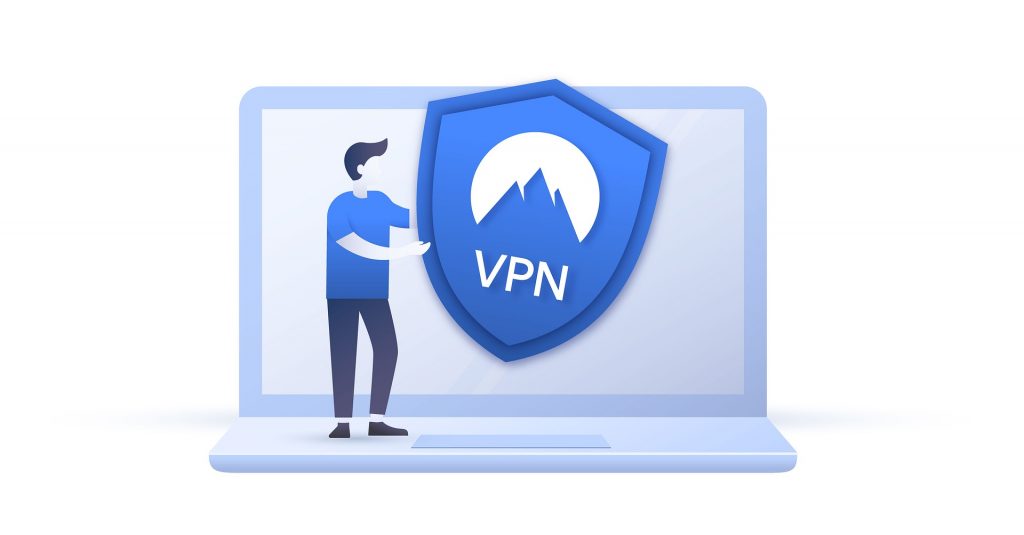What is a VPN Why You May Need One
A VPN is an encrypted connection that safeguards your devices and personal data from network threats. This FCC recommended tool is one of the best options out there to up your web security.
What Does VPN Stand For?
VPN stands for virtual private network, and the name says it all. A VPN serves to prevent unauthorized users from tracking or monitoring your web activity through an encrypted connection. Encryption essentially scrambles the data so that outsiders cannot find or see your connection, thus allowing for safe connections to a network even when a user isn’t physically near the signal. If an employee works from home, a VPN will enable them to connect to a corporate network safely and painlessly.
Why Do I Need a VPN?
It may not seem like a big deal if someone is watching your web traffic, but they do not just see you endlessly scrolling social media. This type of tracking allows predators to steal data and sensitive information. It’s an open door for anyone with the savvy to prey upon your business or personal life.
Additional Security
While a firewall may seem like enough, a VPN offers an extra layer of protection, especially when it comes to connecting to public WiFi networks. Internet connections in places like cafes and airports are often insecure. And, as we’ve said before, the small amount of money you pay for a VPN is well worth the high cost and risk of a hacker accessing your devices. Being a victim of identity theft is very expensive.
Entertainment and Streaming
Because VPNs hide and can even change your location, they have entertainment benefits as well. When you travel to another country, it’s common to lose access to streaming services. With a VPN, you can keep right on enjoying your favorite shows and movies.
Are VPNs Safe?
Like any unfamiliar technology, many have reservations about using a VPN. As long as you’re choosing a VPN from a trusted source, this tool can only make you safer.
How to Select a VPN
There are many types of VPNs out there for a variety of different network circumstances. Choosing the right one may seem daunting, but narrowing down what you need will help.
What to Look For in a VPN
First, consider your purpose for using a VPN. Do you commonly access unsecured WiFi networks? Are you looking to keep up with your favorite TV shows while you’re traveling the globe? Do you want to remain anonymous on the internet?
Most VPNs can offer all of this, but not all VPNs are made equal. For example, using a free VPN service is okay, but only if they offer a paid version. The option of a paid version is a good indicator that they are a legitimate service. However, you might run into limits on bandwidth or server access if you choose not to use the paid version.
Choosing a VPN with a “no logs” policy is crucial. Any good service will make this clear. Without this, there’s no guarantee the VPN provider won’t track and sell your data.
There are a few less crucial but still essential features to consider. Performance speed is a factor, especially if you’re looking to use your VPN to stream content. Having a VPN that connects to multiple devices is also a good option, especially considering many of us have several devices we use every day. Finally, quality customer service is another crucial feature. You don’t want to be panicking about a possible breach and have no one to contact for help.
In short, if you would like increased security and greater opportunities for streaming, then yes! You should be using a VPN. It is important to find a high quality VPN and to do research depending on your specific needs, as every VPN is different. If you want to learn more about cyber security and keeping your devices safe beyond what a VPN can offer, visit PGH Networks today.

